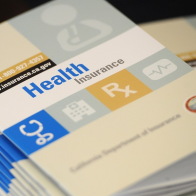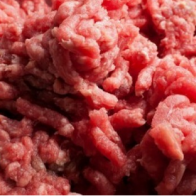
In a recent study conducted on 25 obese and 25 lean boys at the University at Buffalo, and published by Clinical Endocrinology, it shows for the first time that obese males between the ages 14 and 20 have up to 50 percent less total testosterone than normal males of the same age.
The study measured concentrations of testosterone and an estrogen hormone called estradiol in morning fasting samples.
“We were surprised to observe a 50 percent reduction in testosterone in this pediatric study because these obese males were young and were not diabetic,” says Paresh Dandona, MD, PhD, SUNY Distinguished Professor in the Department of Medicine, chief of the Division of Endocrinology, Diabetes and Metabolism in the UB medical school and first author on the study. “The implications of our findings are, frankly, horrendous because these boys are potentially impotent and infertile,” says Dandona. “The message is a grim one with massive epidemiological implications.”
Not only does the findings show reproductive issues that can arise at a later age, but as well as an increase in abdominal fat and reduced muscle, which can lead to insulin resistance, which contributes to diabetes.
“The good news is that we know that testosterone levels do return to normal in obese adult males who undergo gastric bypass surgery,” says Dandona. “It’s possible that levels also will return to normal through weight loss as a result of lifestyle change, although this needs to be confirmed by larger studies.”






